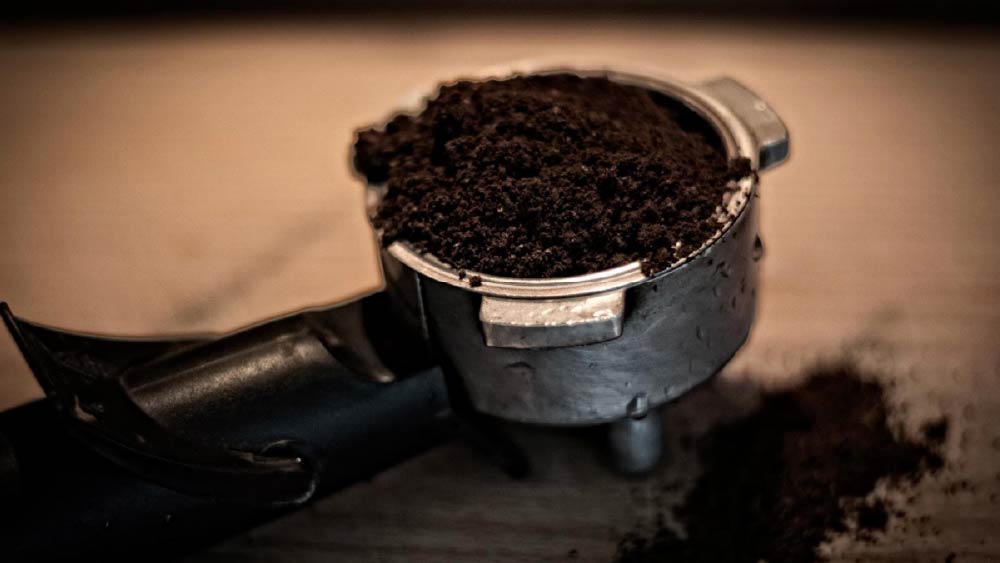A new sustainability initiative designed to boost the sustainability of golf will see waste coffee grounds collected from cafes in New Zealand upcycled into biodegradable golf tees for the domestic and international markets.
The innovation is part of a move towards reducing the environmental impact of golf as well as the amount of food waste in the hospitality sector which is diverted from landfill.
Research shows the coffee supply chain contributes around one per cent of the global climate impact and over 2.25bn cups of coffee are consumed globally every day, producing 18 million tonnes of coffee grounds as a by-product annually.
This volume of organic waste is typically sent to landfill where it releases 2.3bn cubic metres of methane (a greenhouse gas 25 times more potent than carbon dioxide over a 100-year period) and other greenhouse gases as it decomposes – a global warming impact equivalent to the entire annual CO2 output of France.
While golf is often perceived to have a low environmental footprint as an outdoor sport, its 38,000+ courses around the world have been criticised for their lack of biodiversity, use of pesticides and high water utilisation levels.

Kael Deherrera, co-founder of Volle Golf, which has launched the initiative, says most of the estimated 8.5bn tees used by golfers annually are made from plastic, wood or bamboo and each creates its own environmental legacy.
He says it is particularly frustrating to see plastic tees on the golf course as while they are durable, they don’t last forever and will eventually enter the ecosystem.
“Globally golf is growing in popularity and there are now over 66 million players around the world. In New Zealand, our 500,000 golfers play an estimated seven million rounds and consume around 28 million tees annually. We know that tees have a finite lifecycle, and many are bent, broken or lost on their first use. Sadly these often single-use tees are rarely picked up from the fairway and will be left in the environment to decompose. Those made from plastic will eventually be degraded by UV light into microplastics which enter the food chain.
He added: “The production of wooden and bamboo tees involves unsustainable harvesting, excessive wastage, and significant transportation, and are printed with chemicals that can also leave harmful residues as they break down – all contributing to a higher carbon footprint.
“Our primary objective in developing a product from biomaterial is to reduce New Zealand’s reliance on imported tees and to help address the impact of food waste as a major contributor to greenhouse gas emissions. At the same time, we recognise the opportunity to improve the sustainability of the sector to support our growing golf tourism industry.”


